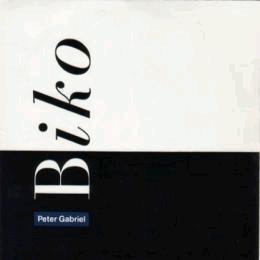
..:: audio-music dot info ::.. |
| A l b u m D e t a i l s |
 |
Label: | Virgin Records |
| Released: | 1987 | |
| Time: |
17:35 |
|
| Category: | Pop/Rock | |
| Producer(s): | Kevin Killen, Peter Gabriel | |
| Rating: | ******.... (6/10) | |
| Media type: | CD Single |
|
| Web address: | www.petergabriel.com | |
| Appears with: | Genesis, Tony Banks, Steve Hackett, Mike Rutherford, Phil Collins, Tony Levin, David Rhodes | |
| Purchase date: | 1990 | |
| Price in €: | 3,99 | |
| S o n g s , T r a c k s |
| A r t i s t s , P e r s o n n e l |
| C o m m e n t s , N o t e s |
| L y r i c s |
| M P 3 S a m p l e s |